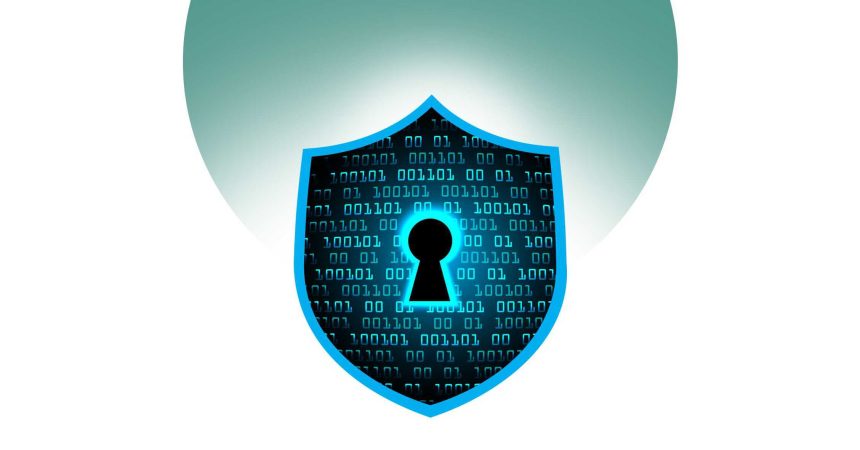The phenomenon of online begging and fraudulent fundraising campaigns on the internet and social media during the holy month of Ramadan poses a significant threat to the community, exposing individuals to potential phishing attacks.
Online request of donations and aid from unknown individuals or entities is among the deceptive tactics used to manipulate individuals and organizations through fabricated humanitarian stories.
These scams exploit the spirit of charity during Ramadan to fraudulently obtain zakat and donations.
Growing Danger of Online Begging
Dr. Mohammed Hamad Al Kuwaiti, Head of Cybersecurity for the UAE Government, highlighted the growing danger of online begging.
As it has recently become widespread.
Scammers leverage modern technology and social media to manipulate emotions and unlawfully acquire money.
He pointed out various fraudulent methods, including fake accounts, emotional photos and videos.
As well as deepfake technology used to impersonate real individuals or create counterfeit websites.

Dr. Al Kuwaiti emphasized that the cybersecurity system plays a crucial role in combating this issue.
By utilizing advanced technology to detect fake accounts, analyze fraudulent patterns, and track suspicious financial transactions.
The government also collaborates with security authorities and financial institutions to shut down fake accounts and pursue fraudsters.
Public Awareness
Over 1,200 cases of online begging were reported last year.
This highlights the urgent need to raise public awareness about verifying the authenticity of donation platforms.
Al Kuwaiti urged residents to ensure the legitimacy of any online donation requests.
He also called to report suspicious online begging activities immediately.
The UAE Cybersecurity Council advised individuals to avoid responding to donation requests from unknown sources on social media.
Mentioning that they can donate only through authorized organizations.
Additionally, people should never share their credit card details online unless they verify the recipient’s legitimacy.

Checking Official Social Media Channels
The Council stressed the importance of checking official social media channels of trusted organizations.
Besides being cautious of emotional messages soliciting donations.
Blurry logos or images may indicate fraudulent activity, and banks will never request sensitive financial information via email or text messages.
With technological advancements, the risk of phishing messages aimed at stealing valuable data continues to grow.
Understanding these threats is crucial to protecting oneself from cyber fraud.
The National Resistance’s Humanitarian Action Cell launched the distribution of Ramadan food aid to the most needy families and displaced persons in Al-Jawf Governorate on Sunday, with support from the Emirates Red Crescent. The aid is part of humanitarian efforts aimed at… pic.twitter.com/hbQNThshdC
— UAE Voice (@uae_voiceeng) March 17, 2025
Cybersecurity Council Recommendations to Avoid Online Begging Danger.
The Cybersecurity Council urged the public to do the following:
- Stay alert for phishing scams
- Carefully inspect the sender’s email address
- Contact companies directly through official communication channels
- Avoid urgent-sounding messages
- Refrain from clicking on suspicious links.





